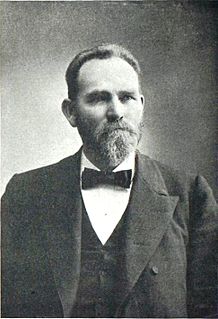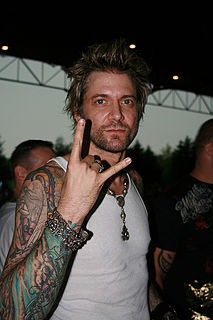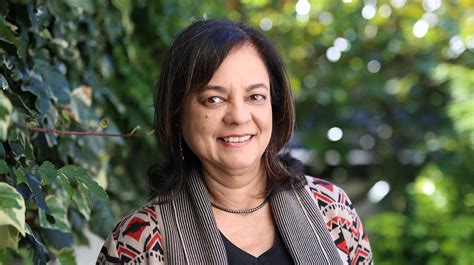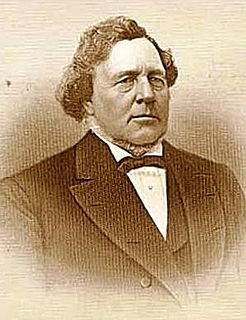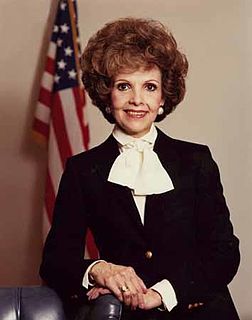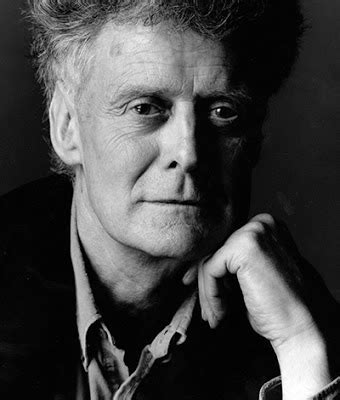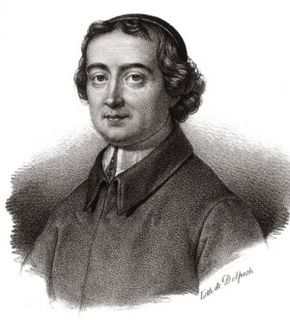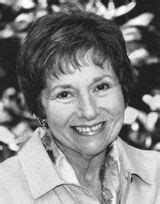A Quote by Steven Brust
In our memories, there is a graveyard where we bury our dead. They all lie there together, the loved ones and the ones we hated, friends and foes and kin, with no distinction among them. We have to mourn every one of them, because our memories have made them as much a part of us as our bones or our skin. If we don't, we've no right to remember anything at all.
Related Quotes
We mourn; we sorrow for our loved ones that go - our wives, our husbands, our children, our parents; we sorrow for them; and it is well and proper that we should moum for them and shed tears for the loss, for it is our loss; but it is their gain, for it is in the march of progress, advancement and development. It will be all right when our time comes, when we have finished our work and accomplished what the Lord required of us.
We comfort ourselves by reliving memories of protection. Something closed must retain our memories, while leaving them their original value as images. Memories of the outside world will never have the same tonality as those of home and, by recalling these memories, we add to our store of dreams; we are never real historians, but always near poets, and our emotion is perhaps nothing but an expression of a poetry that was lost.
Of course, thanks to the house, a great many of our memories are housed, and if the house is a bit elaborate, if it has a cellar and a garret, nooks and corridors, our memories have refuges that are all the more clearly delineated. All our lives we come back to them in our daydreams. A psychoanalyst should, therefore, turn his attention to this simple localization of our memories. I should like to give the name of topoanalysis to this auxiliary of pyschoanalysis. Topoanalysis, then would be the systematic psychological study of the sites of our intimate lives.
Before making peace, war is necessary, and that war must be made with our self. Our worst enemy is our self: our faults, our weaknesses, our limitations. And our mind is such a traitor! What does it? It covers our faults even from our own eyes, and points out to us the reason for all our difficulties: others! So it constantly deludes us, keeping us unaware of the real enemy, and pushes us towards those others to fight them, showing them to us as our enemies.
Things like the movie 'Memento' are interesting to me because our memories of the things we've done and how we've behaved form our notion of who we are, what our character is. So if part of that were missing, what does that actually say about you? And what does it say about your sense of responsibility for things if you can't remember them?
All of us , I believe , carry about in our heads places and landscapes we shall never forget because we have experienced such intensity of life there :places where, like the child that 'feels its life in every limb' in Wordsworth's poem'We are seven' ,our eyes have opened wider, and all our senses have somehow heightened.By way of returning the compliment , we accord these places that have given us such joy a special place in our memories and imaginations. They live on in us, wherever we may be, however far from them.
Let us be different in our homes. Let us realize that along with food, shelter, and clothing, we have another obligation to our children, and that is to affirm their "rightness." The whole world will tell them what's wrong with them--out loud and often. Our job is to let our children know what's right about them.
When we hate our enemies, we are giving them power over us: power over our sleep, our appetites, our blood pressure, our health and our happiness. Our enemies would dance with joy if only they knew how they were worrying us, lacerating us, and getting even with us! Our hate is not hurting them at al, but our hate is turning our days and nights into a hellish turmoil.

